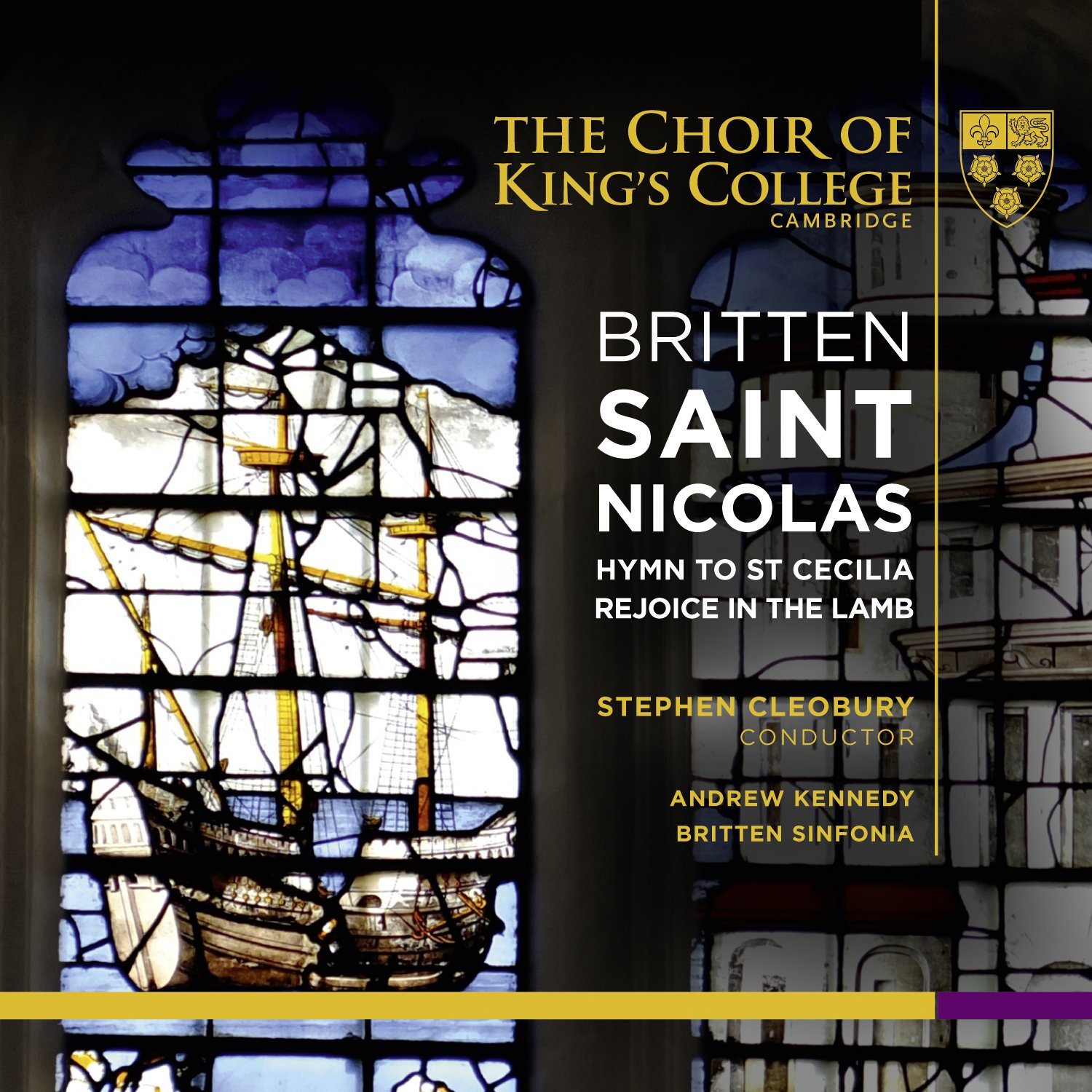John Adams’ millennial conflagration of musical poems about childbirth, destruction and the divine made manifest not only served as a seasonal farewell and a transcendent epilogue to the Southbank’s year of 20th-century music The Rest is Noise; it also stood pure and proud as a masterpiece.

It was a bright idea which, thanks to careful programming, has delivered – among other special events – two rich concerts in the Tower of London’s unexpectedly welcoming Tudor church, courtesy of the enterprising Spitalfields Music Winter Festival. Bach left behind an exquisite volume, the “Little Organ Book”, designed to contain 164 chorale preludes. He completed only 46; organist William Whitehead decided to commission composers to fill in the gaps, basing their inspirations on (hopefully) the music and/or the meaning of the words in the original chorales.

When you're young, you think that liking Elgar is a habit you'll grow into later in life, like buying a set of golf clubs or following The Archers in detail. As I shuffle into middle age, I find that I'm beginning to love this music more and more. I've given up making excuses to younger, hipper friends. Richard Farnes' intense account of Elgar's disconcerting Second Symphony was a great performance, one in which intense dynamism served to accentuate the score's lingering, fin de siècle nostalgia.

It was ironic, yet seasonal, that the BBC Philharmonic’s conductor-composer H K Gruber, who is said to be a descendant of the man who wrote “Silent Night” (Franz Xaver Gruber), should take centre stage with a rip-roaring, roof-raising percussion work that guaranteed exactly the opposite effect. At the same time Chief Conductor Juanjo Mena went back to his roots to bring us a riot of dance music – flamenco, waltz, Latin American, Malambo, Charleston and even a cowboy ballet.



There are probably more fine string quartets in the world than audiences to listen to them, or so a gloomy estimate from a major chamber music festival would have us believe. Fortunately the Wigmore Hall usually guarantees crowds to hear the best, and at the highest level too we’re spoilt for choice. After two outstandingly vibrant recent visitors, the Belcea and Jerusalem Quartets, the equally touted Pavel Haas Quartet merely seemed very good rather than great, though they upped the stakes when mercurial 22-year-old Daniil Trifonov joined them for Shostakovich’s Piano Quintet.

If Pizza Huts could speak, the Huddersfield branch would have quite some tale to tell. It was here in the late 1980s, over a deep pan, that one of 20th century music’s great feuds was put to bed, John Cage patching things up with Pierre Boulez, in the presence of Olivier Messiaen. Art has Venice. Film has Cannes. New music has Huddersfield. And every sticky floor of the town’s many restaurants has become hallowed ground.

There was a strange moment at the end of yesterday's recital when, having exhausted their repertoire, octogenarians György and Márta Kurtág began to look around anxiously, wondering what more they could offer us. They eyed each other, then us, arms outstretched, shoulders shrugging guiltily, like they’d been caught with an empty fridge. Another standing ovation and I felt they might have returned with a plate of fig rolls.

The most intensive period of music-making I’ll ever experience, celebrating the 100th birthday of Benjamin Britten in and around his home town, ended on Sunday. I’m an Aldeburgh resident and I attended everything on offer. I thought the best way to provide an overview was to compile a diary of the past four days with a line or two about each event.
Thursday 21 November (eve of the birthday)


